People – The life behind the uniform. NHS is its people and everyone has their own life story and unique reason for joining.
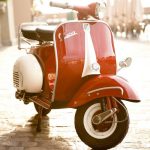
The Italians have been heading to Britain for years. Sensing opportunity and eager to work, they came in large numbers after the Second World War, settled in Bedford, Glasgow and London to work in industries, catering and agriculture.
I’ve met them as patients in the NHS, old and tired now, after a long life of hard work. They’ve been sharing with me their lasagne recipes, their mixed feelings of Italian politics and their longing for their motherland, which they never fully left.
Young and eager and confident that they deserve better than the stifling bureaucracy and economic depression offered at home, they are coming here again in a new wave, now often as nurses.
I’ve always had a soft spot for them. Maybe it goes back to my childhood when my mum took me to Italy, to the north and to Sicily in the south. Once, we went by train, all the way from Gothenburg. And then one day, a man called Antonio knocked on the door. He didn’t stay very long, but I remember he kissed me and cooked spaghetti.
These guys know how to work hard, eat good and speak their hearts. Just as well, as there are several hundreds of thousands of them in London alone and over six thousand working in the NHS. One of them is Maria.
I’m Maria and I come from Corigliano Calabro, a small town in the south of Italy. My mother is an elementary school teacher and my dad works in a fruit company. My mum always had an artistic side and she used to paint. A friend of hers had a workshop where she worked with glass and my mum was involved with painting and colours. As a child I used to love hanging out there, doing my thing.
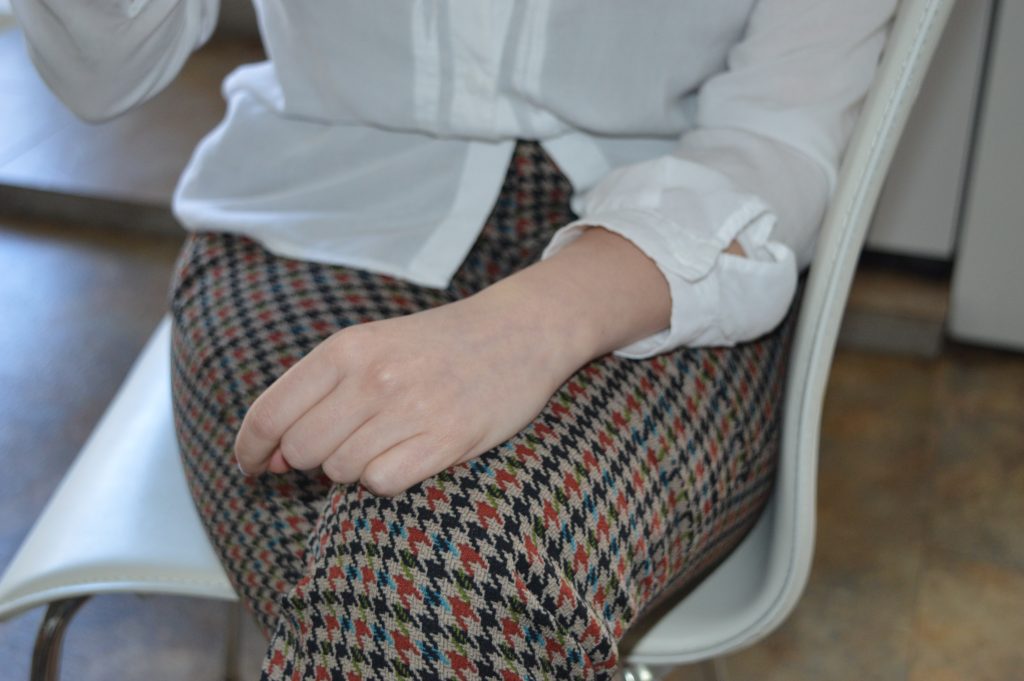
I grew up to like art, classic literature and enjoyed listening to alternative pop music like The Velvet Underground and Talking heads. My older brother was a really clever guy. When he was nineteen he was at university, studying philosophy. He used to smoke marijuana and I think he took some drugs. One day we got a phone call, a friend said he was in hospital, that he was unwell. My mum took a bus to Rome the same night and… Well, half a year later, he was diagnosed with schizophrenia.
It’s something you wouldn’t imagine could happen to you. It’s like you know a person and the next day… He’s all changed. Same body but a different person, someone you don’t know. Today, there’s only limited communication with my brother. The doctors say he’s a very difficult case.
It was a huge blow for the family, I was sixteen and it changed my life.
It was a huge blow for the family, I was sixteen and it changed my life. And, I think, because of this, my parents didn’t let me just go out there to do whatever I wanted, which would have been art history, fashion school or design. They wanted me to study something concrete that would lead to a real job.
So, I chose nursing. They supported me through the studies, you could say I did it for them. It felt far away from who I was, both the subject and the people, who all seemed very different to me. But I got into it and even did a master’s degree in wound care. I studied in Florence, a city I grew to love.

After those four years, I wanted to do something that felt truly me, so I enrolled myself on a nine-month-long cooking course. Cooking is part of my life and culture. All my family like to cook and to stay together. I had a placement at the famous Lungarno Bistrot in Florence, where I was taught how to make fresh pasta and basic desserts and to how to adopt a disciplined attitude to the whole food making process including washing and cleaning everything. I learned a lot there.
After I finished at the restaurant, I packed all my stuff and went to England. I had high expectations. Since early on, I’d been influenced and inspired by this country with its music and culture, and in Italy, with the depression and unemployment, it was a known and common thing that you can go there to work in the NHS. I didn’t have a job or a British nurse registration, but knew a couple of Italian nurses in Newcastle, so that’s where I headed.
My friends hosted me in their shared house, but within a few days there was an incident where some guy tried to get into the house. He was drunk and aggressive. The door was locked, but it was all very noisy and scary with shouting and banging and then the police got involved. Things got messy, my two friends fell out over it and I felt guilty, thinking it was somehow me that had come over and caused disruption with my presence, even though I knew this guy had some serious problems and there had been other similar incidents in the past. Anyhow, the whole thing made me scared and a week later I was back in Italy, kind of heartbroken. Not a huge success!
In Florence, I soon felt better, got myself a job and worked through the summer as a waitress. It was hard to live and pay the rent with the little waitress money and I tried to find a job as a nurse, but it was impossible. There simply were no jobs.
So, during the summer I was thinking things over. I am an active person who needs to do things and also, I didn’t like being dependent on my parents and asking them for money, so after a while I felt like I needed to leave… Again.
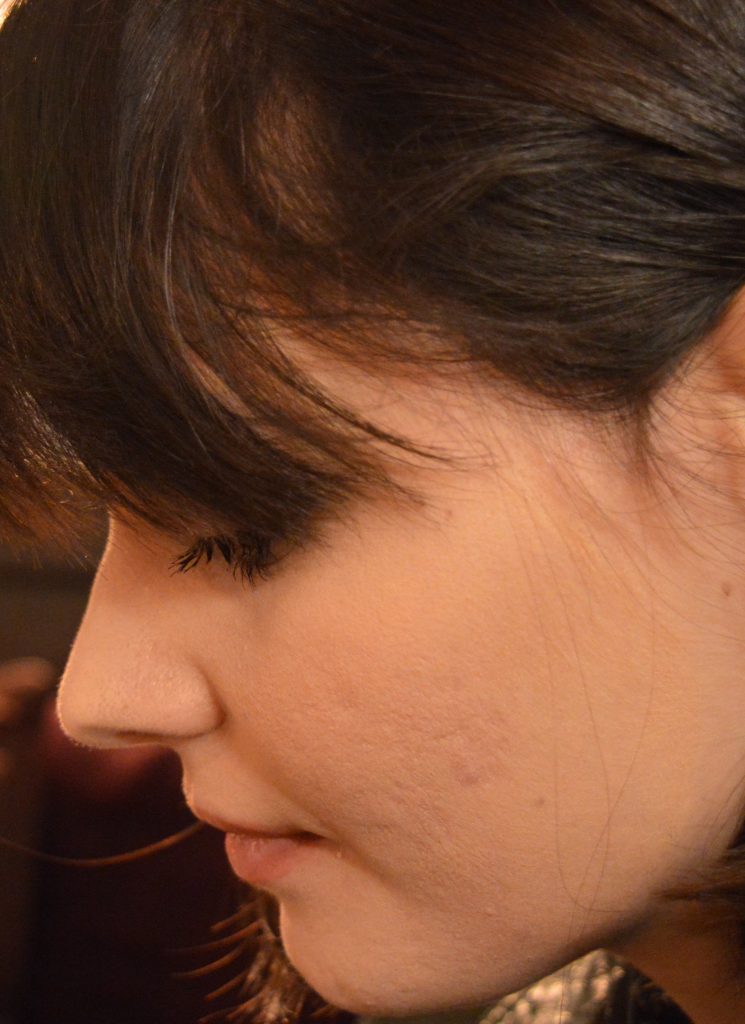
I thought of London. Lots of people and lots of culture; probably a better place for me!
This time I decided I better have my paperwork in order so I started doing the NMC registration. It took me about six months to get it ready. Halfway through the process, I had an interview in Rome for an NHS trust in London. There were a maths test and scenarios and an interview and I managed to get a job the same day. As I came back home from the interview and was preparing the last bits of documents, I received a message that we should book a flight. It was the third of March 2016.
We came to the hospital together, a bunch of Italians, and we stayed in the hospital accommodation. My pin number wasn’t ready yet and I worked as an HCA, healthcare assistant, for three months, waiting for that to sort out.
I thought of London. Lots of people and lots of culture; probably a better place for me!
The place I came to was an elderly care ward, specialised in dementia. It was a tough experience. You had eight patients and you had to do everything from A to Z. Feed them, wash them, sometimes hoist them and check their observations. I’d never done such a job before. My English was very poor in the beginning. I was really frustrated because I couldn’t understand, or make me understood, properly. I realised that, if you want to stay in England, you just need to learn English and that it’s for your benefit to do so, not others because they probably won’t care. If you don’t learn, you’ll always be lower with less rights, less involvement, less whatever. You’ll have to get speaking as soon as you can, as soon as possible! That’s why I left the hospital accommodation early. I knew that if I continue to live around Italians and speak Italian my English simply wouldn’t improve. I found this place where I still live, three years on.
Some of the nurses on the ward knew that I was a nurse who just waited for my registration and they were nice and tried to explain things to me, but others didn’t know and they treated me like a slave, really badly. After three months I got my pin number and I started doing night shifts, like Friday, Saturday and Sunday. Most of my weekends were inside the hospital. It was a really tough period, maybe the toughest in my life, second to my brother’s breakdown. I felt lonely and had this job which wasn’t really what I wanted and I felt disillusioned… Like… they brought me here… to do these things… I don’t know… It was really hard.

I remember the HCA’s more than the staff nurses. They were the ones who really supported and helped me. I saw the tough reality of people’s lives. Like doing extra shifts just to buy new trainers for their sons or let them go on holidays. We opened ourselves up and talked about lots of things like family stuff and difficulties we experienced. Like a minority group, you feel a lot of injustice… Even in England. I thought Italy was bad and I’d used to be angry about the injustice we have there, but then you realise it’s the same everywhere. The world is just a town.
This period will always be in my heart. The people there worked so hard. They even bought nice soap with their own money because they wanted the patients to smell good. The NHS soap didn’t smell of anything.
They even bought nice soap with their own money.
As a nurse on this ward I looked after eight patients but if we were short it could be eleven or even fourteen. And the patients were all highly dependent so you needed to do everything for them and three times a day it was medicines and a lot of them, both tablets and iv’s. It’s an environment where it’s really easy to make a mistake, adding to the stress.
Also, you get concerned about your back because it’s hard physically and lots of patients are overweight and then there are constant risks of falls that can happen really easily and you can even lose your registration if someone falls.
The manager, who was from Sri Lanka and a Buddhist, was so good to me! She could see I was really stressed and would tell me “Maria, you are really stressed! I’ll teach you a Kundalini breathing exercise; in through your nose….” And she could say “Maria, you need to travel. Don’t take just three days, I give you one week!” You just felt the charisma she had inside… She used to buy us pink noodles and tell us “this is breakfast back home in Sri Lanka!”. She was amazing. I don’t think you can find other managers like that. So when she retired and left, I did as well.
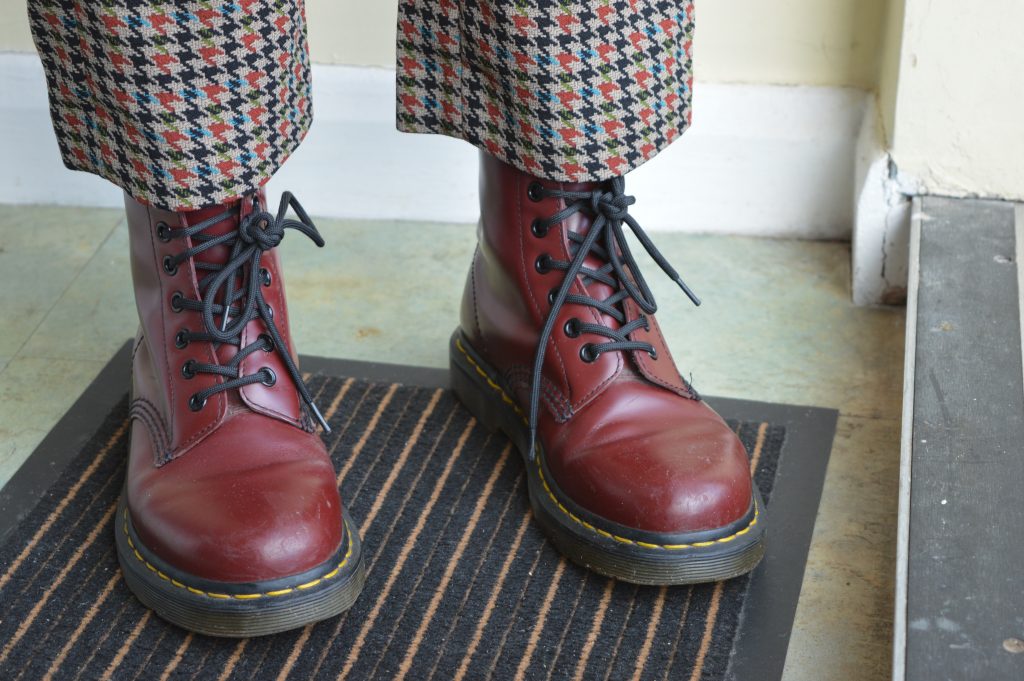
I went to the human resources and said: “Look, I’ve done one year, I’ve done my part of the deal. I’d like something different now.” So once, after a night shift, I had a quick interview and got a job in a day surgery theatre department, which was really good. I’m still there now, two years later.
In Italy, expectations on healthcare are much lower. People know that the system is poor and in crisis and they bring their own stuff. If it’s in maternity, people will bring their own nappies and their own milk and if it’s on a ward with personal care it’s also different… We prefer to take care of our parents. A daughter will want to wash her mother. It’s a different culture and it’s reflecting back on the nursing care and expectations of it. A nurse isn’t really expected to do a lot of washing because the family will be there and do those things.
As a patient, I would choose the NHS over the Italian system. I’ve been a patient in the NHS and, yeah, it was a bit of a wait, but that I knew was normal. On the day, everybody introduced themselves and explained what to expect. My whole experience as a patient was amazing. Everyone was thorough, professional and polite and all in a very respectful way. And then there’s an efficient electronic system here. I got the results of my test sent to me on my phone, for example.
In Italy, it’s very different. And it’s different between the north and the south as well. The south, where I’m from, is very poor and they hardly have anything there. But even in the north, in Florence where I studied and where there’s a really nice hospital, they will tell you to not use the gloves too much.
But the NHS can sometimes give too much power to the people, I think. Like, exaggerating the customer care.
At the moment my nan back in Italy is unwell and my mum told me how the doctor had tried to talk with her about the diagnose and the prognosis but he was rushing through the explanations and possibilities and doing it all in a stressful environment, in the middle of a corridor, lined with beds and waiting patients.

But the NHS can sometimes give too much power to the people, I think. Like, exaggerating the customer care. There are situations where somethings just can’t be done and then we should just say that, end of, instead of allowing for all these complaints and things. If there are a hundred people who are happy, there will always be someone who’s not, isn’t it?
There’s also a waste. Like with painkillers, a box of paracetamol costs 50 p. People could buy that themselves. Some people here in England don’t realise the importance of the NHS. They complain while they even get painkillers for free! And people say “Well, I pay for it”, but how much do you really pay? Probably not enough to cover the cost of your operation, where one tube of a gel can cost £500 and the total cost for a standard day case procedure is several thousand. Not to mention the huge costs for cancer treatments and so on. So, people don’t really pay for it, I don’t think. For some of it, maybe.
I’m pessimistic about the future of the NHS. With Brexit as well, I’m not sure we can meet the expectations. I think they will try to privatise more and there will be less people coming from Europe to work. I think we’ll see a collapse in staffing and then get unsafe staff numbers. I think NHS in the future will be more limited in what it offers to people, but maybe that also means it will be less waste. Anyway, one day, when the NHS is very different, maybe people will realise how good it was.
Sometimes, in England, it can be hard to find the food that you want and everything might not taste great every time, but I try to make the best of everything and I try to find the right oil from Italy or my mum sends me things. She always said that we are what we eat. It’s really important with food. I try to cook something nice every day.
My plan is to stay in England. I work as I want, doing bank nursing and I’m studying for another degree in preservation of cultural heritage. It’s great. It wouldn’t be possible with that kind of flexibility in Italy. There, I see lots of people not being able to do what they want, to fulfil their dreams. I think everything is possible in London!
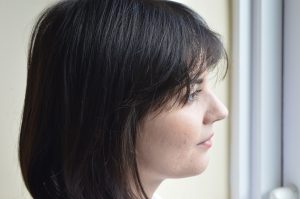
As told to David Ingemarsson 2019.

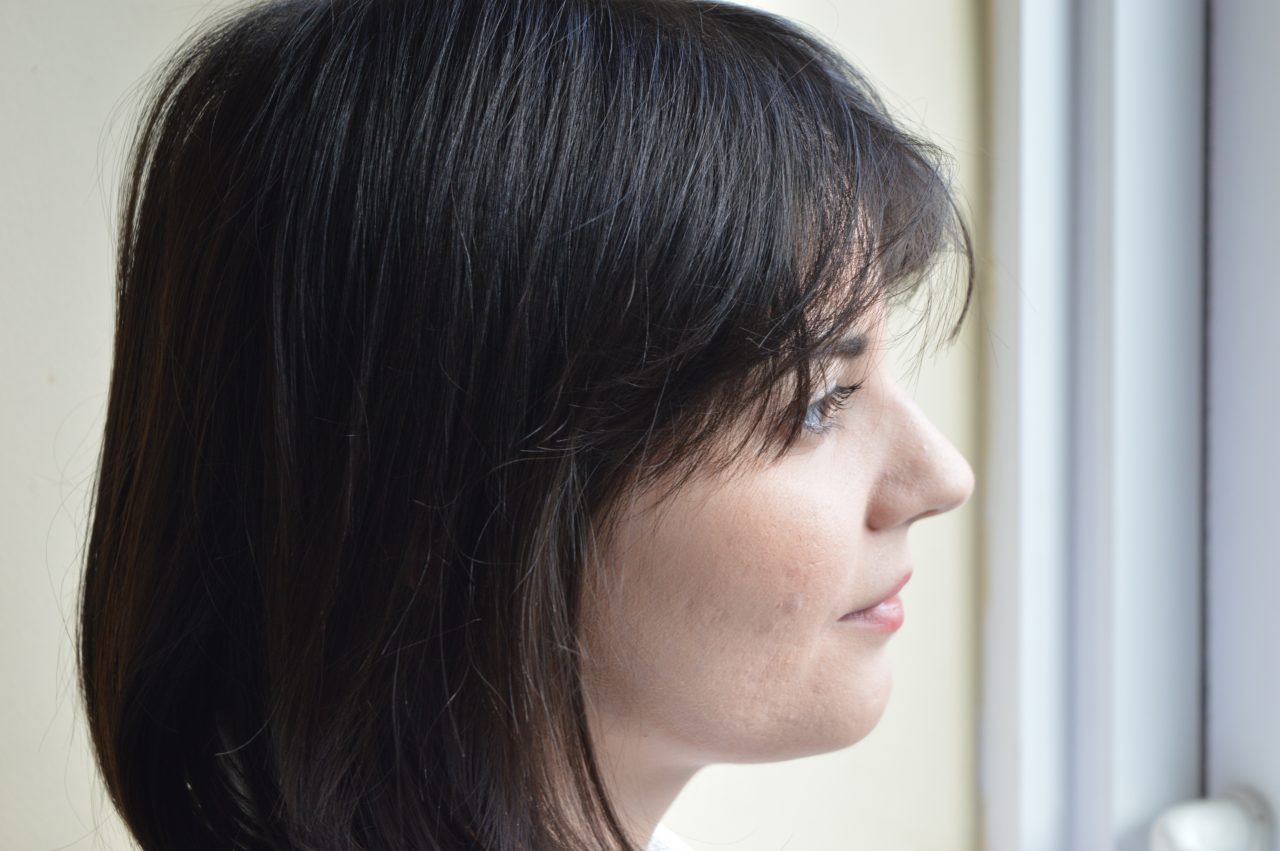

Leave a Reply